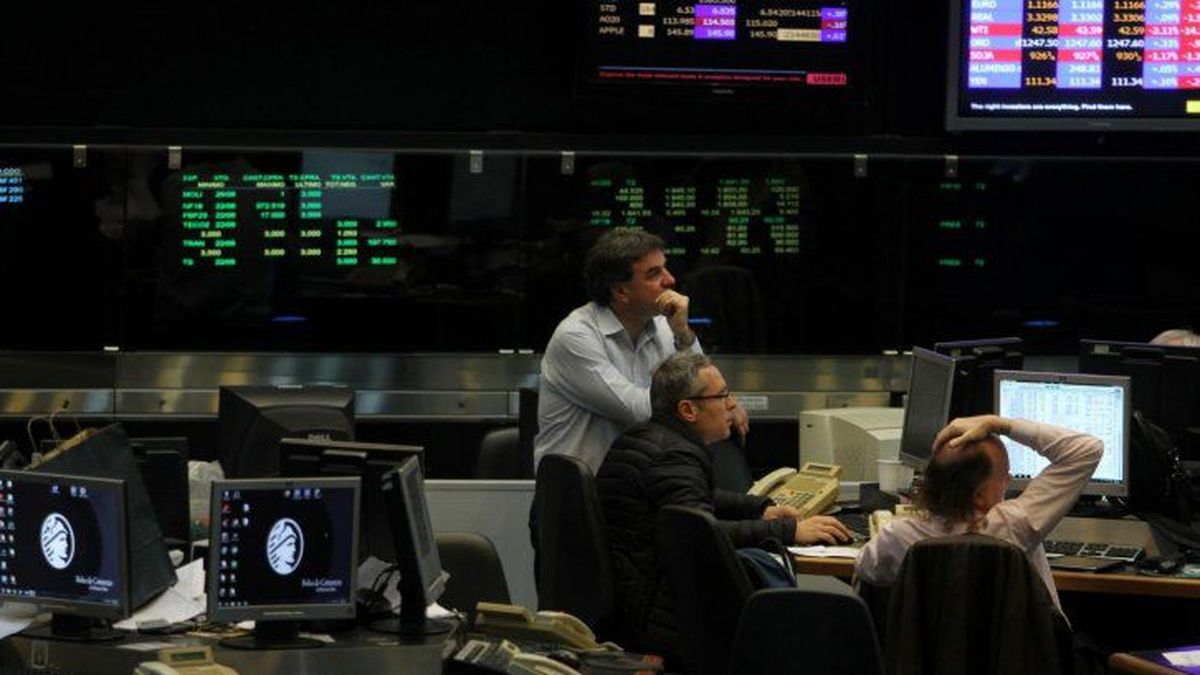We believe that this phenomenon is explained by three main factors. First, the nature of the credit. Companies could take better and faster advantage of a change in macroeconomic conditions (and the current reactivation), while sovereign bonds respond to a much more complex problem to solve. Even assuming a regime change in 2023, and a macroeconomic scenario of relevant improvement thereafter, it is not clear whether Argentina could easily return to international capital markets to renew its bulky maturities from 2024.
Merval PPI 2021.jpg
On the other hand, the sensitivity of the instruments also has a role. An aggressive investor, who wants to bet in an optimistic scenario and does not care much about liquidity, finds a greater upside potential in Equities. Finally, precisely because of the low trading volume of Argentine stocks, a small injection of liquidity tends to have a greater and faster impact on prices than on Fixed Income. In the fourth consecutive year of strong devaluations, the stock index marks its maximum in pesos, although most of the main stocks would have to multiply by 4 or 5 in dollars, to return to their all-time highs.
However, there is no doubt that – in the long term – local stocks and bonds are closely related and conditioned by the same factors. If the sovereign fixed income does not have a favorable path (and therefore reduces the country risk), it will finally put a ceiling on the recovery of the shares.
Another striking aspect of this dissociation is that it occurred in a difficult context for emerging markets, with the advance of North American rates and a lot of volatility in the Brazilian market. For a Bovespa and Real that had already been hit hard, pessimism further sank assets, after the government admitted that it could relax its fiscal targets in order to finance a social subsidy program until the end of 2022, year in which the presidential elections will be held in the country and in which Jair Bolsonaro he intends to renew his mandate (any resemblance to Argentina’s recent past is pure chance).
Merval Bovespa S&P500 grafico.jpg

In the short term, the gaze of local analysts in relation to the dollar is focused on the closing of the Treasury placements in October, with a high concentration of maturities next week. Looking at the medium term, the already delayed negotiations with the IMF and for the long term, The real appreciation of the official exchange rate is beginning to worry about, which increased by about 17% in the year, while retail prices did so by 37%.
In relation to equities and bonds, the legislative elections of November 14 are the next great milestone from which the political and economic scenario for the next 2 years will be defined. It remains to be seen in the coming weeks if bonds catch on to the positive tone of stocks or if the rally eventually fades.
David William is a talented author who has made a name for himself in the world of writing. He is a professional author who writes on a wide range of topics, from general interest to opinion news. David is currently working as a writer at 24 hours worlds where he brings his unique perspective and in-depth research to his articles, making them both informative and engaging.




